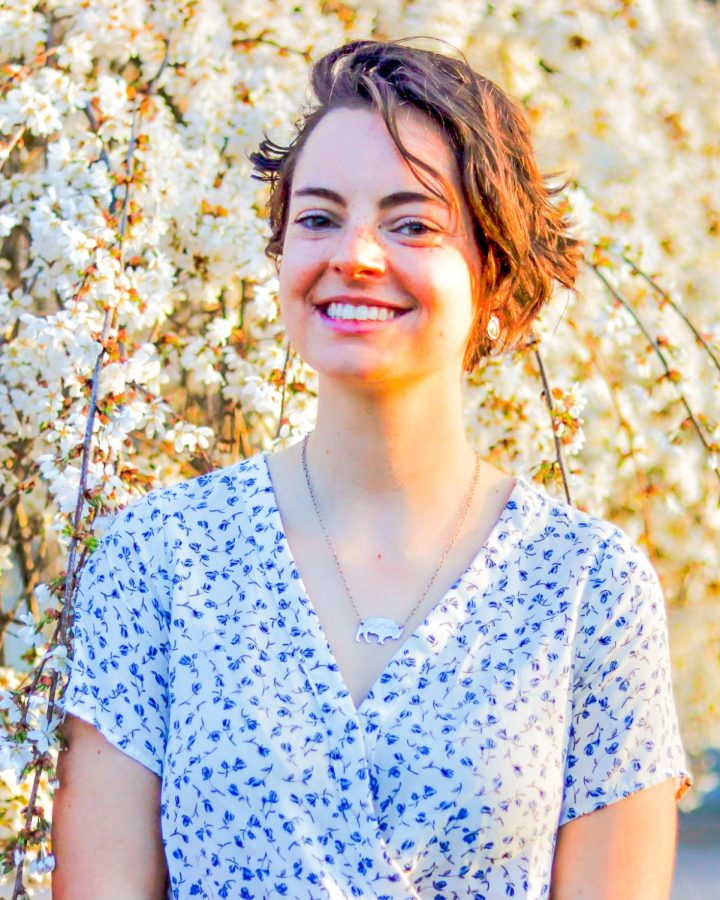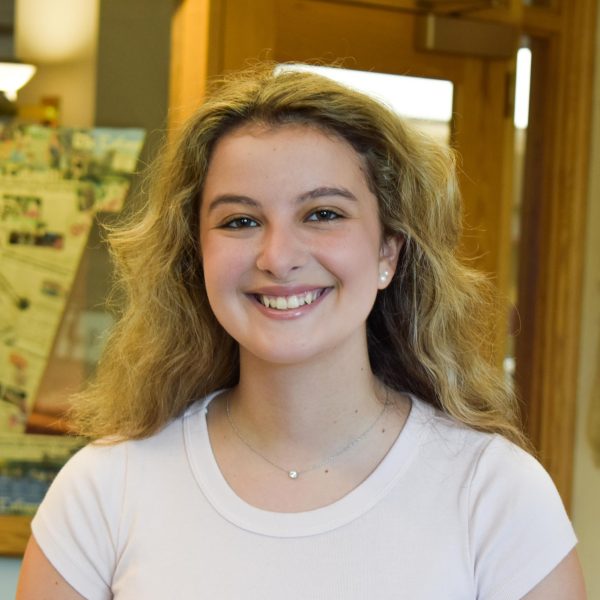Usually, spending too much time around pollen makes people sneeze. For Rachel Hurley ’23, getting up close and personal with the allergen has earned her a prestigious research grant.
Hurley recently received a National Science Foundation (NSF) grant that gives her three years of funding for her study of indoor pollen. She plans to get her doctorate at the Worcester Polytechnic Institute (WPI), with the funding from the grant helping her situate herself in the world of pollen studies.
“The indoor environment is something that scientists could really look into studying more because we spend so much of our time inside and the indoor environment is just so incredibly complex, and we don’t really like to regulate it like we do outdoor air,” Hurley said.
Hurley first found herself drawn to the study of indoor pollen because of how often her own friends complained about the nuisance of pollen in indoor spaces. Hurley also saw how much of an increasing issue pollen was becoming due to climate change and decided to focus her research on studying its intensification.
“What I plan to investigate is how pollen interacts with certain types of indoor particles called semi-volatile organic compounds,” Hurley said. “MTOCs [microtubule-organizing systems] are also something that’s very prominent inside and persistent, and they can also have negative health impacts — same with pollen. And when the two interact with each other, both these impacts can kind of combine with one another and become worse.”
The $37,000 grant Hurley received to continue her research for three years at WPI will help her take on a larger leadership role in her work.
“Now I have my own funding, so I can really take leadership and study what I want to, and because of this flexibility and more autonomy too, I think I can get my Ph.D. quicker as well,” Hurley said. “But the second thing too is I feel like there’s a lot of resources and benefits that come with NSF that I’m just not aware of, so I need to ask around and really see what opportunities come with that, which is also really exciting.”
Hurley is looking forward to various opportunities to collaborate with other researchers and scientists also researching pollen studies.
“Although there’ll be a lot of lab work and studying how these molecules behave, or how these particles behave, there’s also [an] opportunity to impact … local activist groups or community organizations or just residents, homeowners — anyone kind of involved in our indoor environment and health,” Hurley said. “So I hope to reach out with my research and involve as many people as I can to try to figure out how to make the indoor environment healthier.”
Hurley hopes that her research can help a wide range of communities, as well as allow other pollen researchers to further their own studies.
“I want to especially look at how [indoor pollen] impacts lower-income communities, which tend to have a leakier building envelope where more pollen gets inside [and] poor air quality in general,” Hurley said. “Hopefully, my research can kind of be used by a variety of people, whether social scientists or building contractors. Anyone invested in things like human health and our indoor environment.”























































































































